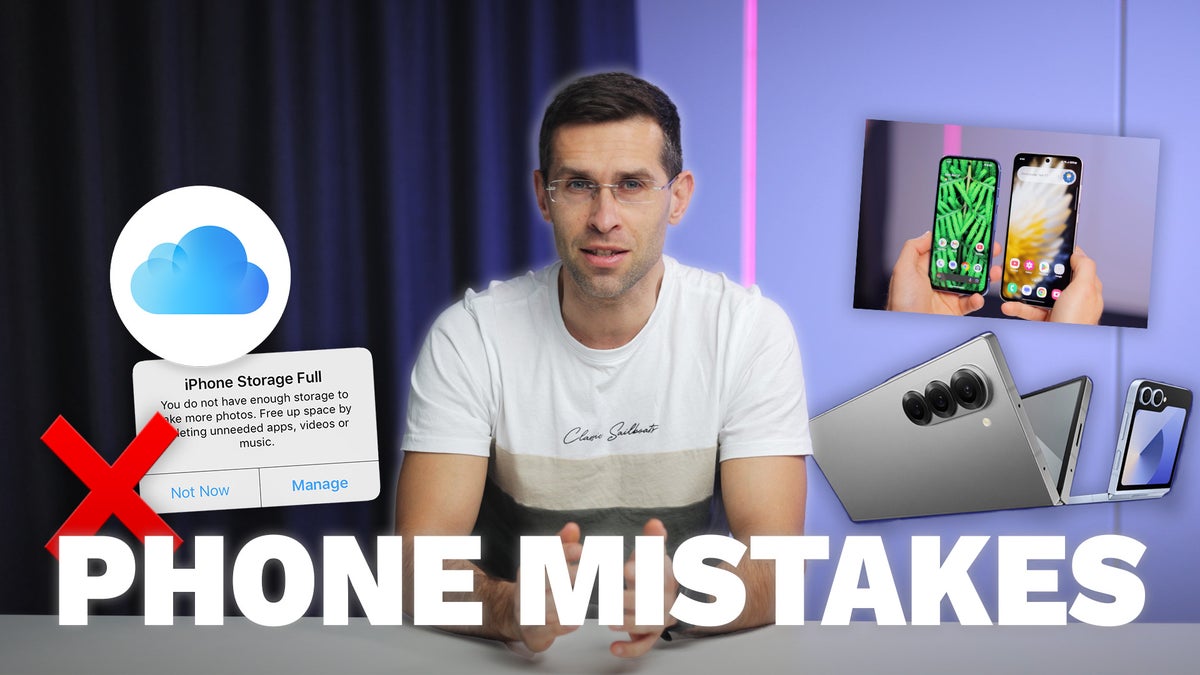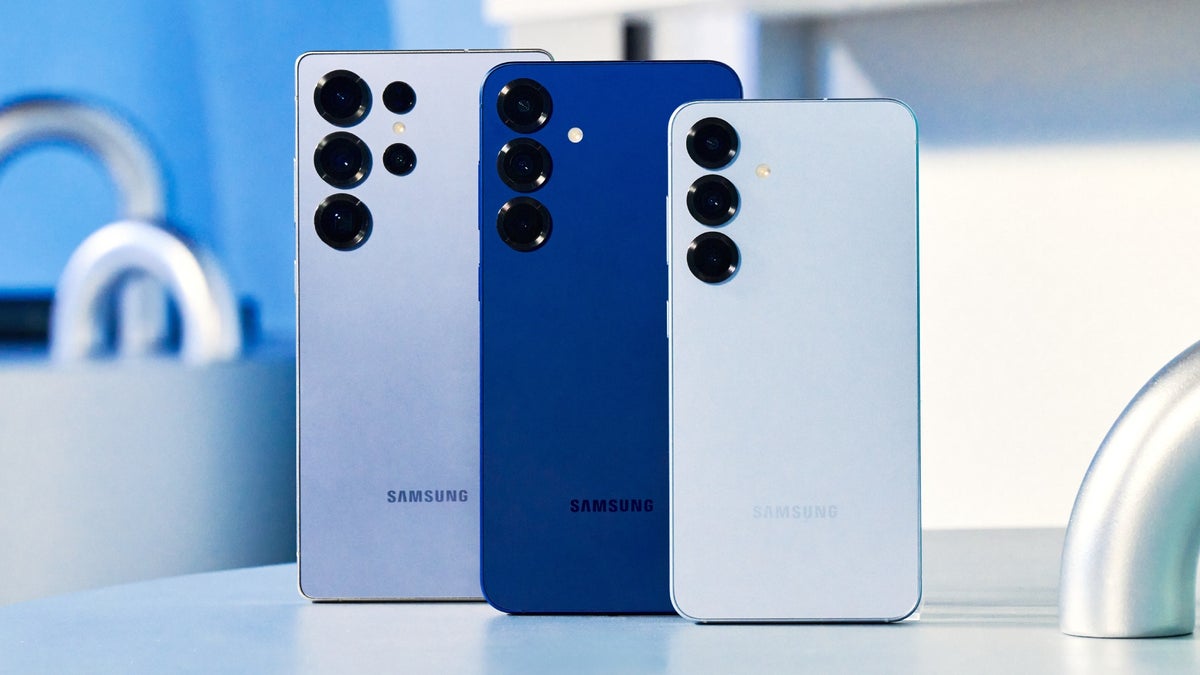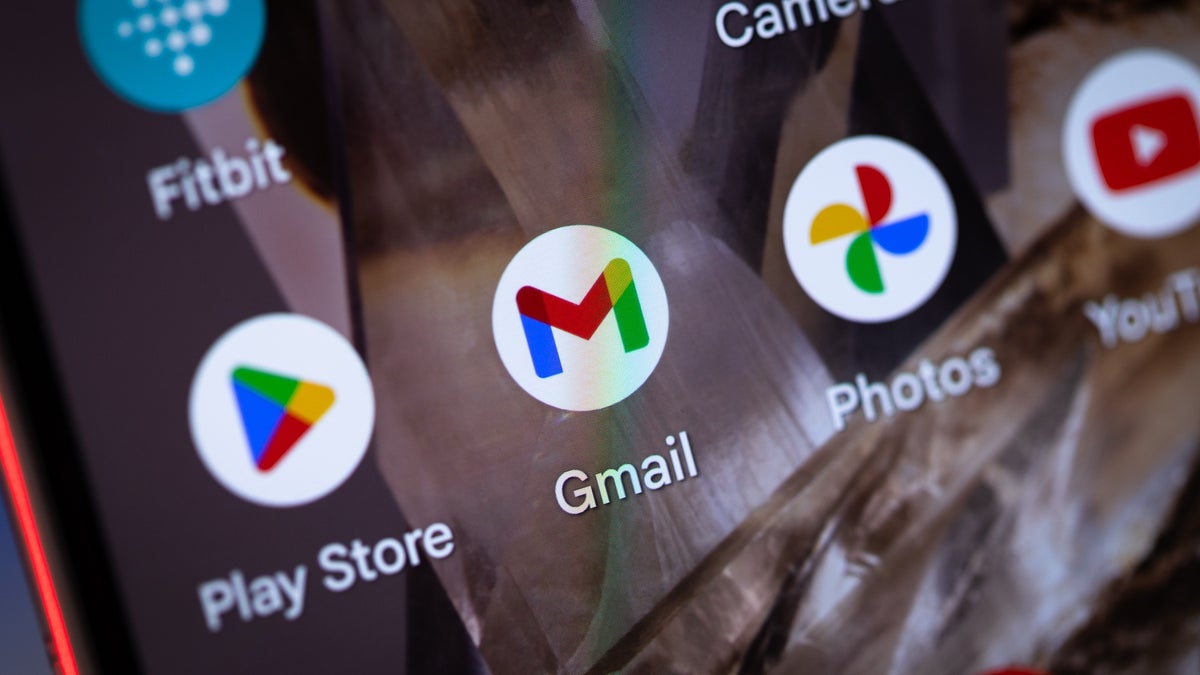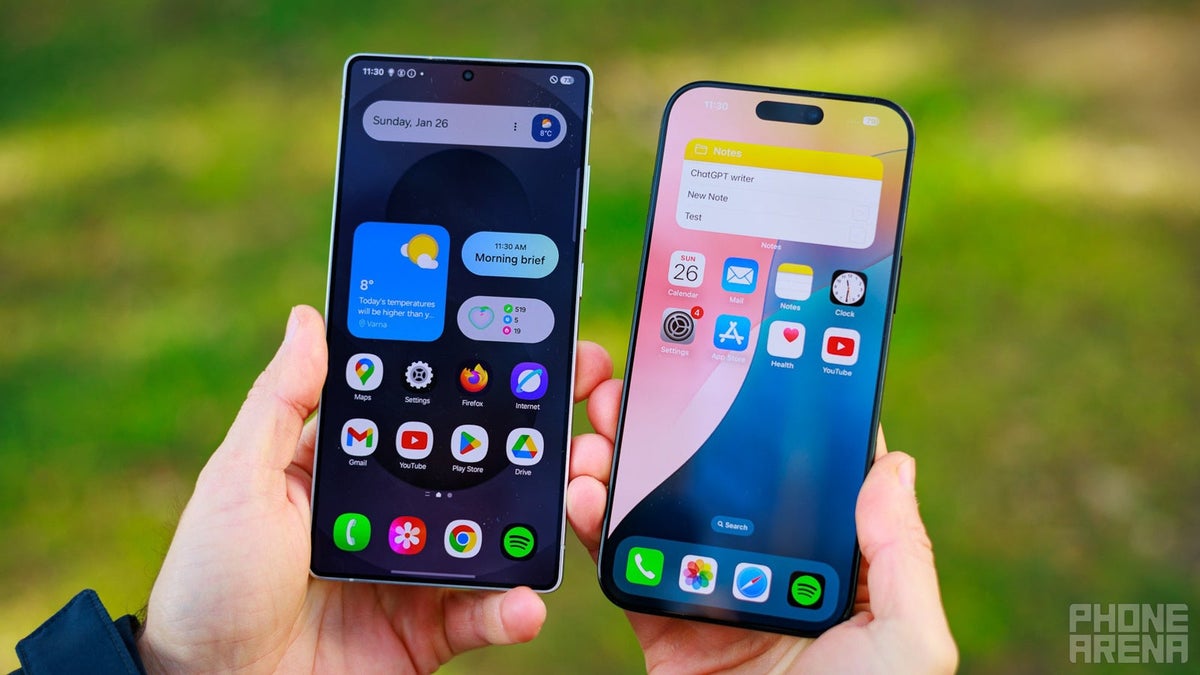[ad_1] The fraudsters often take advantage of the global holidays and events to deceive people, with romantic fraud operations a common tactic, the latest Meta A leaflet blog tells us. Before Valentine's Day, efforts to combat online fraud were intensified via Meta's messaging platforms that billions are used around the world: Facebook Messenger, WhatsApp and Instagram. Recent investigations from fraud operations were disrupted on various platforms. One of the prevailing plans included impersonating American military personnel on social media, including Facebook, Instagram, Tiktok and YouTube. The fraudsters attracted the victims by claiming unit and searching for love, then transferred talks to private messaging applications such as WhatsApp and Telegram. They often used Nigerian phone numbers and requested wire transport or gift cards under wrong allegations. A widespread fraud has a personal impersonation of celebrities to target users in the United States, the United Arab Emirates, Japan and other countries. The fraudsters infiltrated the collections of fans, and spreading misleading content to start the conversations. Then they asked for money through wireless transfers, cryptocurrency or gift cards, demonstrating that it was for romantic gifts or financial assistance. Stay on alert, people! 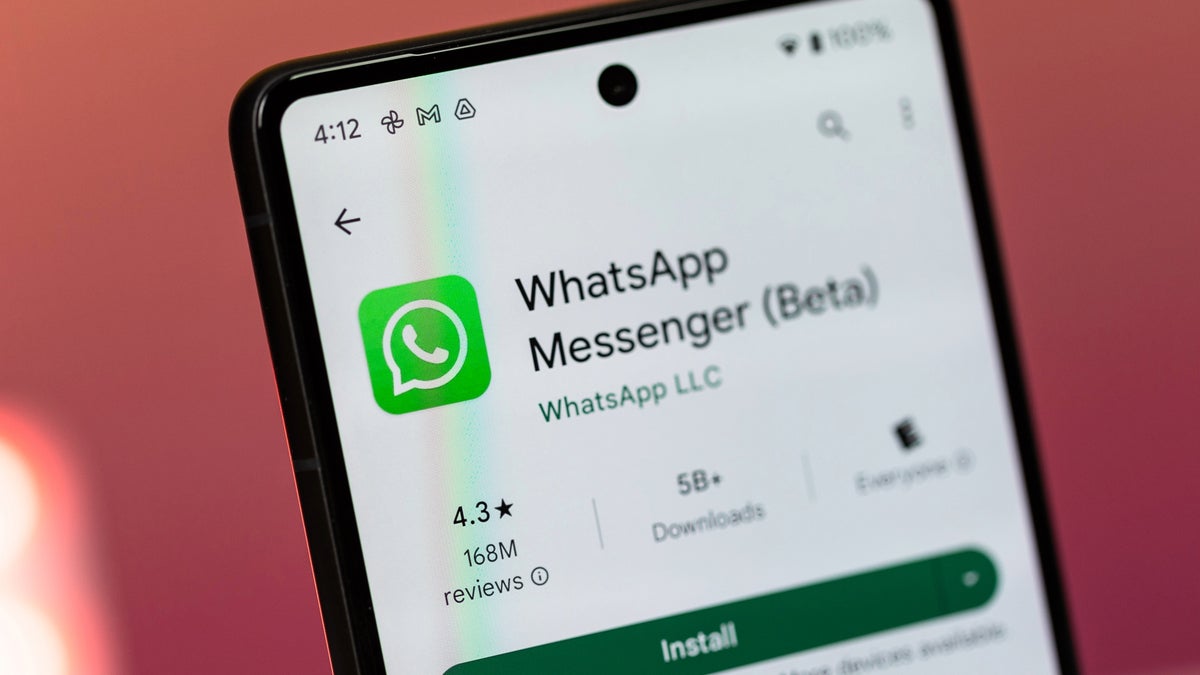
[ad_2]
Download
Unsolicited romance messages could be a scam: don’t fall in the trap this Valentine’s Day
| Name | |
|---|---|
| Publisher | |
| Genre | News & Magazines |
| Version | |
| Update | February 15, 2025 |
| Get it On |  |




